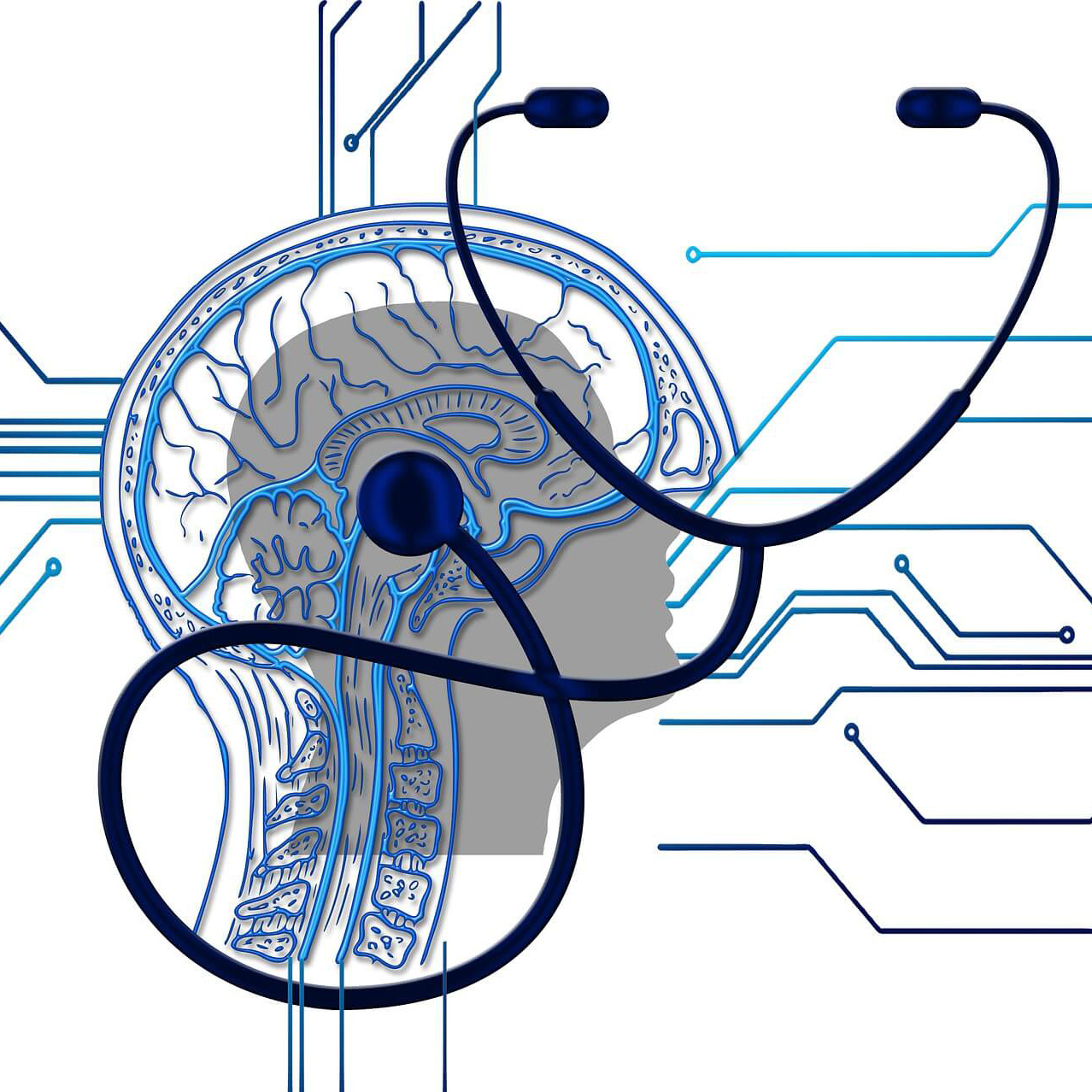
1) Definition
Mental health is the level of psychological well-being or an absence of mental illness. According to the World Health Organization (WHO) [1], mental health is an individual’s sense of well-being, the ability to recognize, express and modulate one’s own emotions, as well as empathize with others. Mental health is also the ability to cope with adverse life events and function in social roles.
2) Description
Mental health and mental illness
Mental health is an integral and essential component of health. Indeed, there is no health without mental health. People can experience different types of mental health problems. These problems can result in disordered or troubled thinking, unstable mood shifts, and erratic or unpredictable behaviors. There are many different categories of mental disorder, and many different facets of human behavior and personality that can become disordered, including 1) anxiety disorder, 2) behavioral disorder, 3) eating disorder, 4) substance use disorder, 5) mood disorder, 6) obsessive-compulsive disorder, 7) personality disorder, 8) psychotic disorder, 9) suicidal behavior and 10) trauma and stress-related disorder [2].
Determinants of mental illness
Mental illnesses, in general, are thought having complex causes involving an interplay of biological, psychological and social factors. Despite a lack of through understanding of the etiology, several factors have been linked to mental health:
Genetic factors: Most mental disorders are highly heritable, for example, the estimated heritability for bipolar disorder, schizophrenia, and autism was higher than 80%. That means having a close family member affected by a mental illness is the largest known risk factor for certain mental illnesses, to date. Note that this does not mean that if you have a family member with a mental illness, you have a 80% chance of having the condition as well. Instead, this percentage means that if you have the mental illness as well, this is for 80% due to shared genetics.
Social-economic conditions: Social-economic conditions can also influence mental health risk and outcomes, both positively and negatively. These factors include ethnicity, gender, age, income level, education level, sexual orientation, and geographic location. Other social conditions—such as interpersonal, family, and community dynamics, housing quality, social support, employment opportunities, and work and school conditions.
Other non-genetic factors:Prenatal and perinatal conditions, toxins, early childhood challenges, early life environmental adversities trauma and lifestyle factors may also have life-long consequences on mental health.
Nutrition, Lifestyle, and Mental Health
Typically, most of these mental disorders are treated with prescription drugs or paired with psychotherapy, but many of these prescribed drugs cause unwanted side effects, and they are not always helpful for everyone. Therefore, researchers and clinicians keep searching for other alternatives. As well as an established relationship between poor diet and mental illness, there is now a vast body of research examining the benefit of nutrient supplementation in people with mental disorders. The newly published world’s largest review of top-tier evidence [3] examined 33 meta-analyses of randomized control trials (RCTs) and data from 10,951 people with various of mental health disorders, and found certain nutrient supplements are an effective additional treatment for some mental disorders. The important evidence suggests that targeted nutrient intake, in the form of food or dietary supplements, may help to improve the efficacy of conventional treatment approaches.



